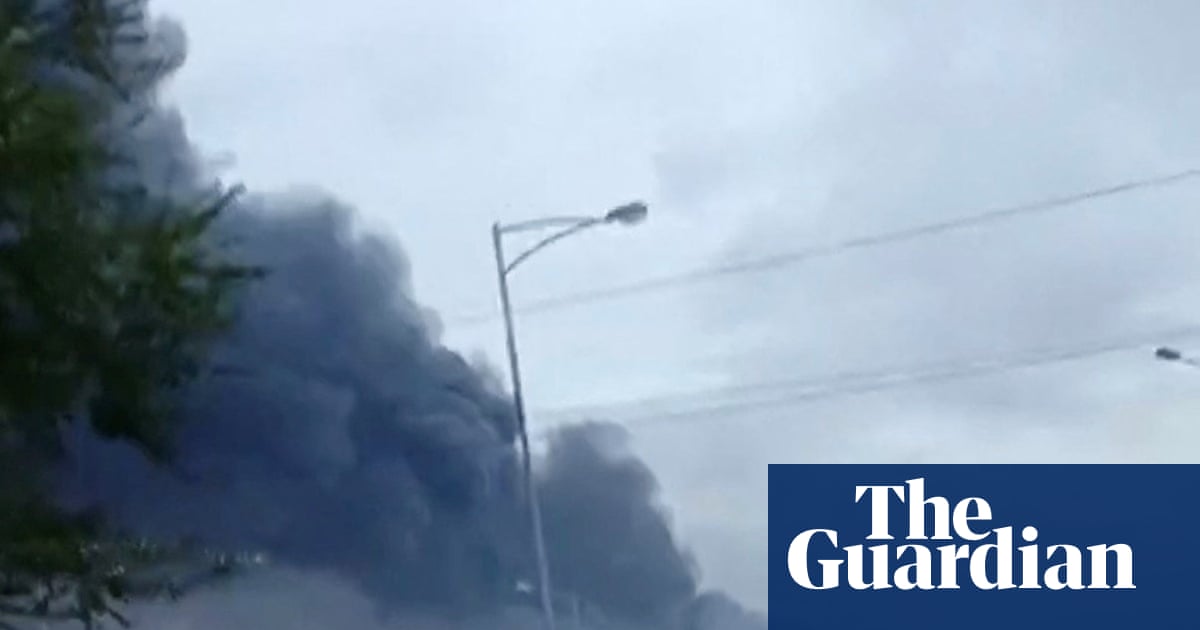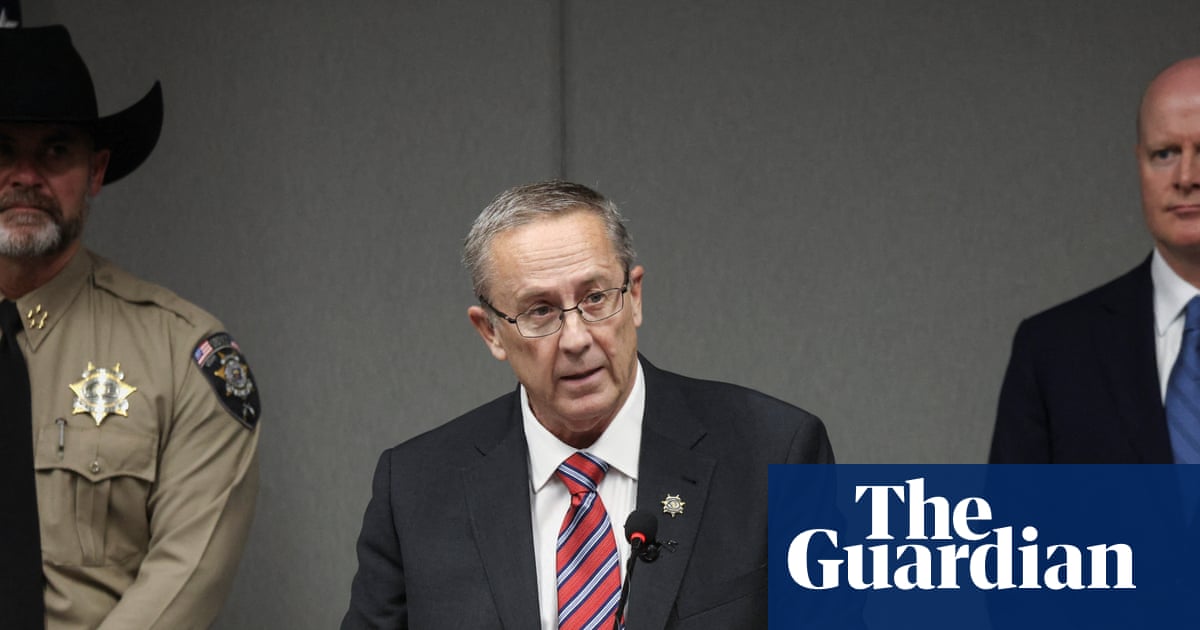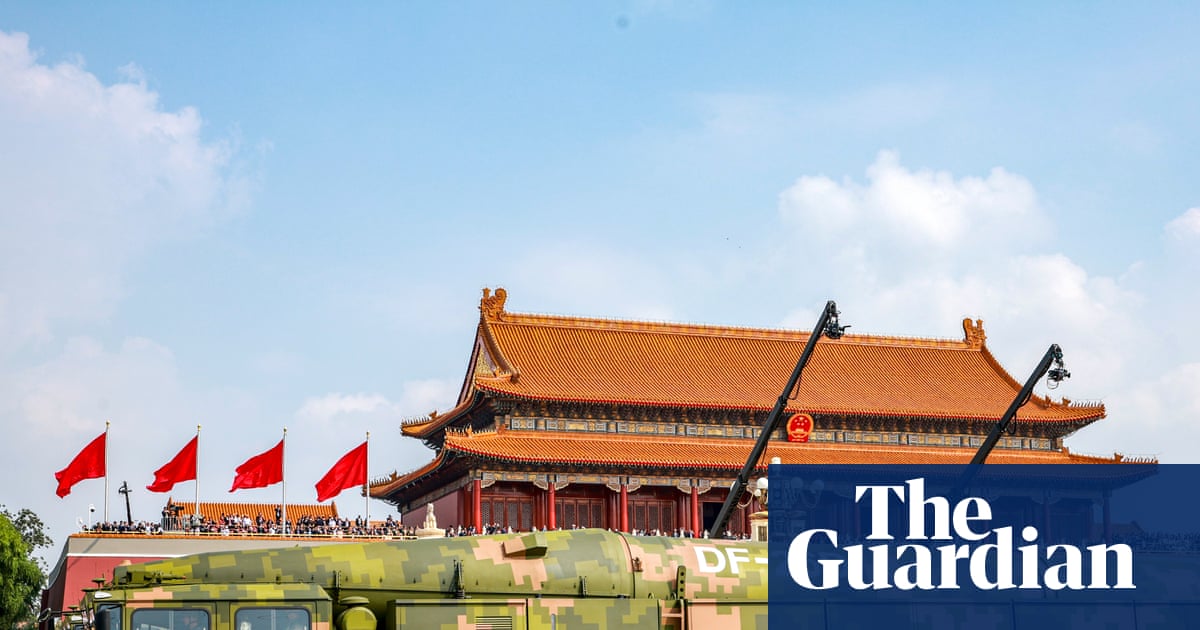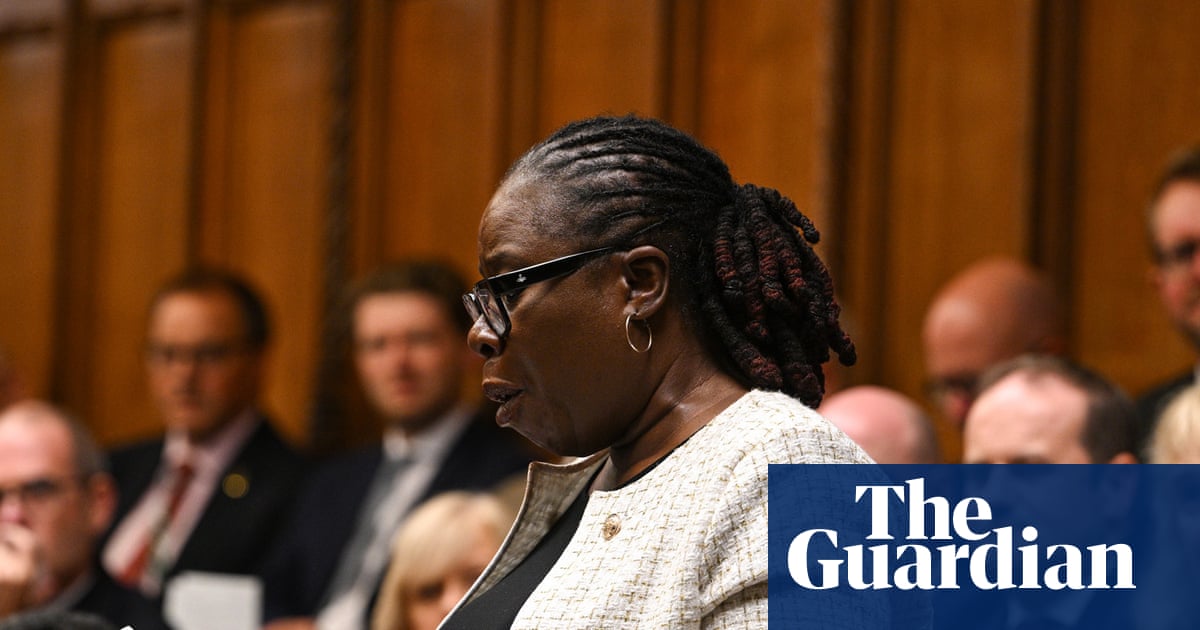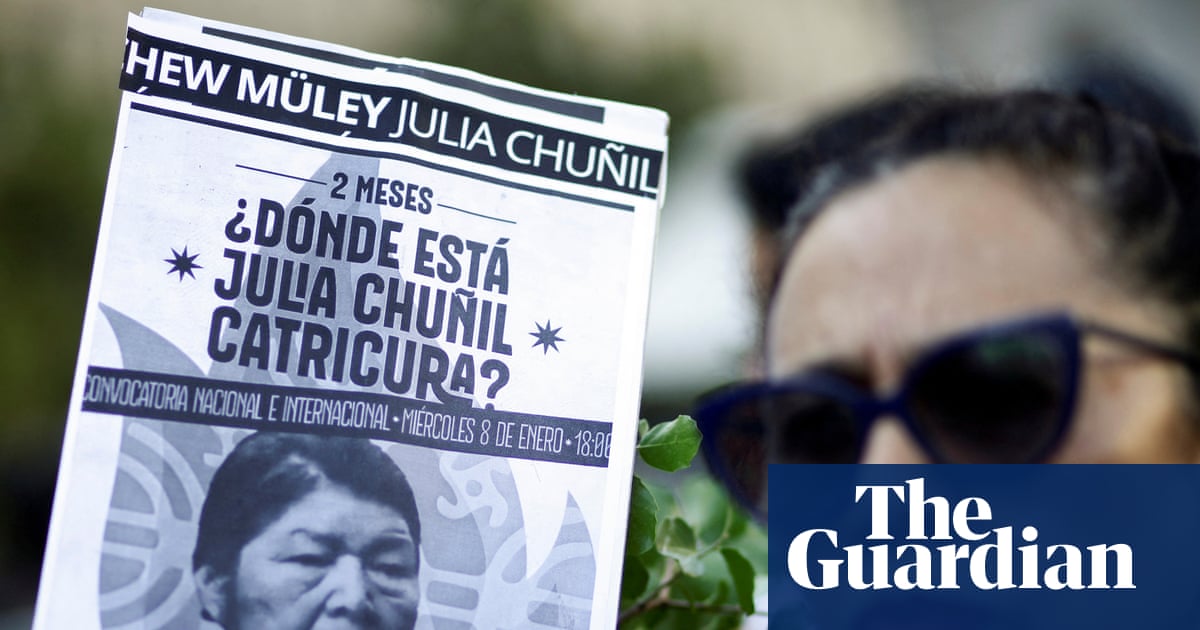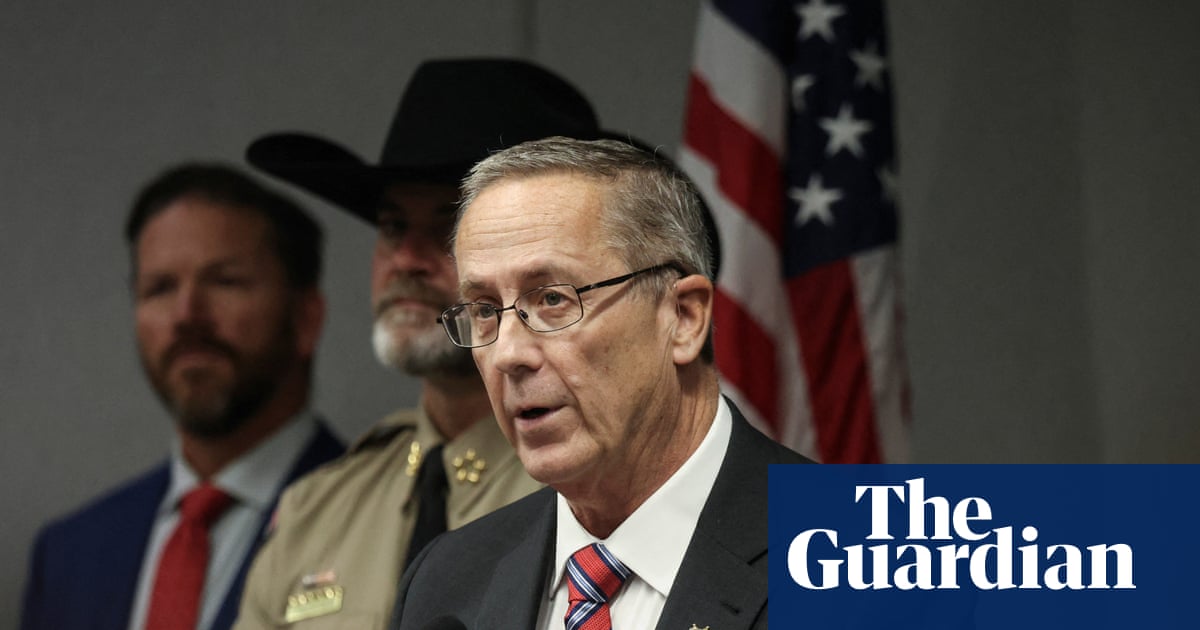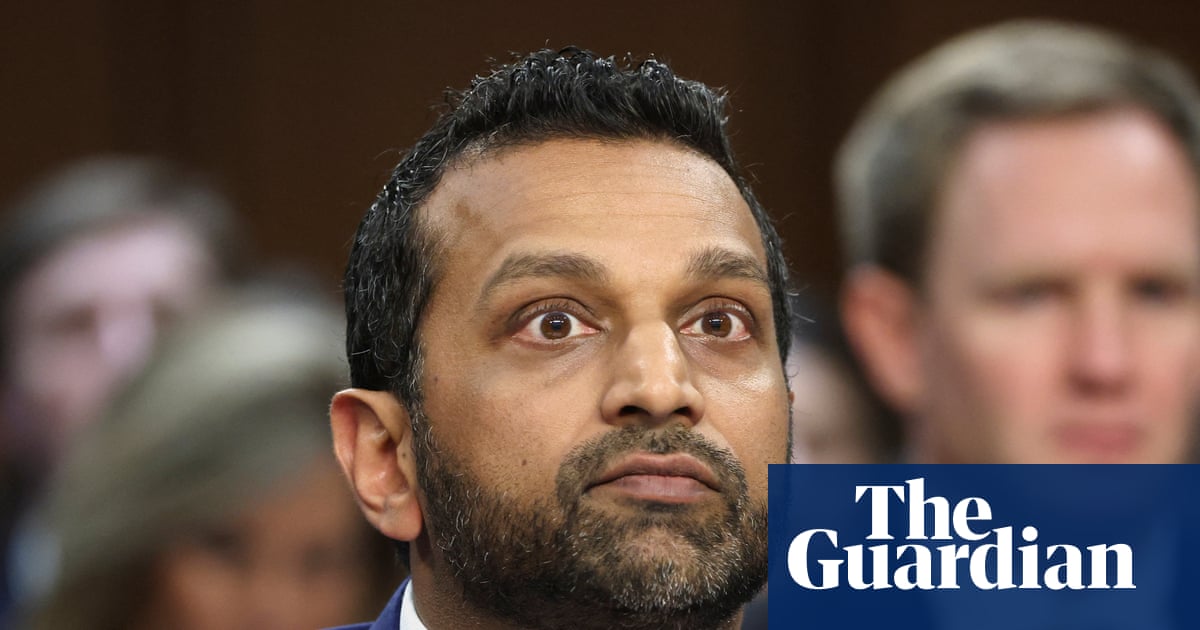Businesses hit by tariffs should start reviewing their bonus policies and how deeply they may need to cut executive payouts if they hope to avoid a public backlash, lawyers have said.
Partners at the Silicon Valley law firm Cooley said that while pay was probably the last thing on bosses’ minds as they scramble to adapt to Donald Trump’s unpredictable tariff policies, pay committees should start assessing their options soon.
“Many will encounter rising material costs and reduced profit margins, particularly given the significant pressure on the supply chain,” a memo by its top lawyers said.
“Taken together with the recent stock market volatility, companies (both public and private) will need to address the impact of these challenges on their business and, importantly, consider the effects on director and executive compensation programs.”
Cooley – whose clients have included Netflix, Apple, Meta, and Twitter before its takeover by Elon Musk and rebrand as X – said that without a proper review of pay policies, companies may end up handing big bonuses to bosses while the rest of the workforce suffers from cost cuts and job losses.
That may be due to remuneration policies that do not automatically account for the impact of so-called “black swan events”, such as a dramatic U-turn in US trade policy or a global pandemic.
Michael Bergmann, a partner at Cooley, told the Guardian: “There is a meaningful risk that rank-and-file employees are going to suffer here, and that could take the form of layoffs, folks losing their jobs or wages.”
The memo said: “Given the overall macroeconomic and sociopolitical climate, there is a strong risk that any accommodation for those [tariff] impacts will be viewed as unduly rewarding executives, particularly if rank-and-file employees do not benefit in a proportionate way. Accordingly, compensation committees and boards must tread deliberately and carefully.”
Cooley lawyers said there was also a possibility that executives might be unduly punished for tariff impacts that were beyond their control, and that this should also be considered by remuneration committees. It is likely that pay packets will start to reflect tariff impacts from early next year.
Trump rolled out sweeping tariffs against most countries in April, in a shock move that left companies looking at how they could offset a potential hit to trade and revenues.
The US president later paused and then reduced most tariffs, but last week he refocused attention on steel and aluminium imports, doubling tariffs for all countries except the UK to 50%. Tech companies have also suffered as a result of Trump’s trade war with Beijing, which has included an order restricting AI chip exports to China.
after newsletter promotion
While Cooley’s original memo was aimed at US companies, Bergman said the warning was relevant to others around the world, including in the UK, with the ripple effects also due to hurt businesses even if they do not directly trade with US companies. “The company’s nationality is not really the driving question here,” he said.
Luke Hildyard, the director of the High Pay Centre thinktank, suggested the tariff fallout should prompt a more fundamental review of executives’ multimillion-pound pay packets.
“The entire flawed premise of vast executive pay awards is that business success is driven by a tiny number of business leaders, and that companies should pay whatever it takes to attract and retain the best ones,” he said.
“The tariff furore is only the latest example – following energy supply challenges in Europe, the pandemic or the supply chain issues in its aftermath – of business leaders being pretty powerless in the face of wider events. Maybe the most useful lesson here is that they are mortals like the rest of us and more moderate pay awards that reflect that fact would be appropriate.”

.png) 3 months ago
29
3 months ago
29

